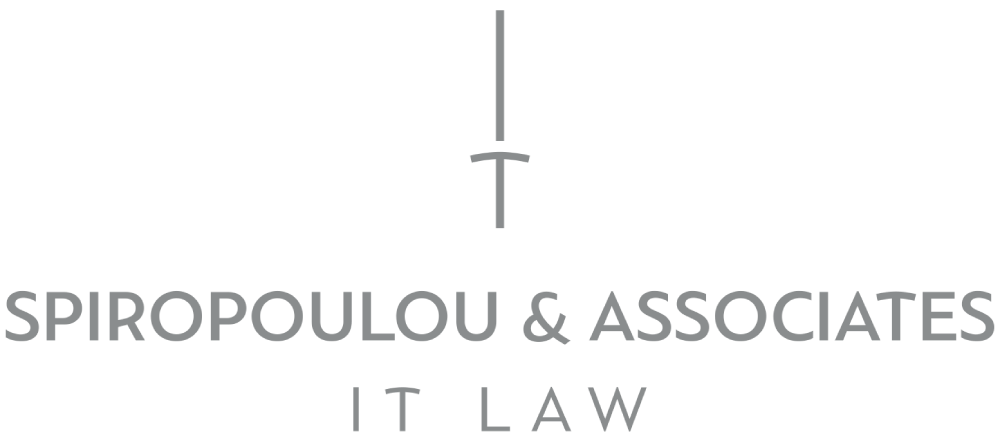Constitution Article 5
A great problem of online information is the easy access to illegal content. Today there are at least 4.000 websites of racist content and many others that show child pornography or pederasty. We all understand that internet besides of being a useful tool of information can offend public interest, accepted principles of morality, or even harm the mental health of minors. It is important to find the fine line between the right to information and other fundamental human values that may be offended in the internet. What does the revised Greek Constitution provide on the restrictions of the right to information? The right of citizens to information is instituted in the Greek Constitution in a double way. Article 14 ensures freedom of press: “Every person may express and propagate his thoughts orally, in writing and through the press in compliance with the laws of the State.” This is the active right to information, which means the right of every person to speak in public, to inform others, to publish his opinion. Freedom of expressing one’s opinion, which of course includes the right to publish that opinion, is only limited for the exclusive limitations mentioned in the Constitution. On the other hand, the new article 5A of the Greek Constitution establishes the passive right to information - that is to be informed: “All persons have the right to information, as specified by law. Restrictions to this right may be imposed by law only insofar as they are absolutely necessary and justified for reasons of national security, of combating crime or of protecting rights and interests of third parties.” Unfortunately the formation of the second paragraph of article 5A, which mentions the cases of imposing limitations to the right to information, is extremely wide and vague (in contrast to the very concrete paragraph 3 of Article 14), resulting in the possibility of limitations to emerge, not only for public interest reasons as in the freedom of opinion (article 14), but for reasons of private interest yet. It may seem unlikely to limit our right to free surfing in the internet due to private interest, but the constitutional command cannot function under the law of possibilities. Besides its vague wording, if anything leaves the possibility of a future legislative limitation to the right of information open, for any reason that any government may regard as “reason of national security” or “combating crime”. It may even be possible that many prefer the obstruction of access to specific websites, like the forbiddance of calls to specific destinations – the example of Ireland – in order to protect financial interests or the mental health of minors. Though the concepts of morality and good morals are so relative that give birth to the question of the evaluation procedure of website content or destination of outgoing calls. Which are the criteria to call obscene any content? Criteria can be easily formed when the audience of a publication is specific and limited. But when online, the public could be the whole world and we all know that beliefs on morality are very different in each part of the planet. So we cannot have an average of ethics to define obscene, neither can we lower the standards of morally accepted to the whole world, as in this way we seclude any challenge of our ideas, any different message that can provoke our thought, in other words we shut “the window to the world” that the internet can be for everyone. So, how can we found the golden section in the conflict of basic rights awarded by the Constitution? Self-regulation can be of more help than regulation from above in this case. It is a very different thing to choose to ban calls than its imposition beforehand. It is quite different that the parent may technically forbid access to her children for certain websites than those sites to be illegal for all. Internet is not a place beyond the law or beyond real life. So, it cannot be regulated by a different kind of approach. The same tools that help us eschew “pitfalls”, briefing and discussion, are the ones to make proper use of the internet. In a legislative-regulative level, issuing EU directives, international conventions for joint tackle of computer-related crimes, raising awareness of the judiciary, in order to create an interpretive of the existing legislation by a jurisprudential corpus, are possible ways that can lead to unhindered exercise of the fundamental right to information, without implicit conflict with other fundamental rights. Published at: Financial RAM
